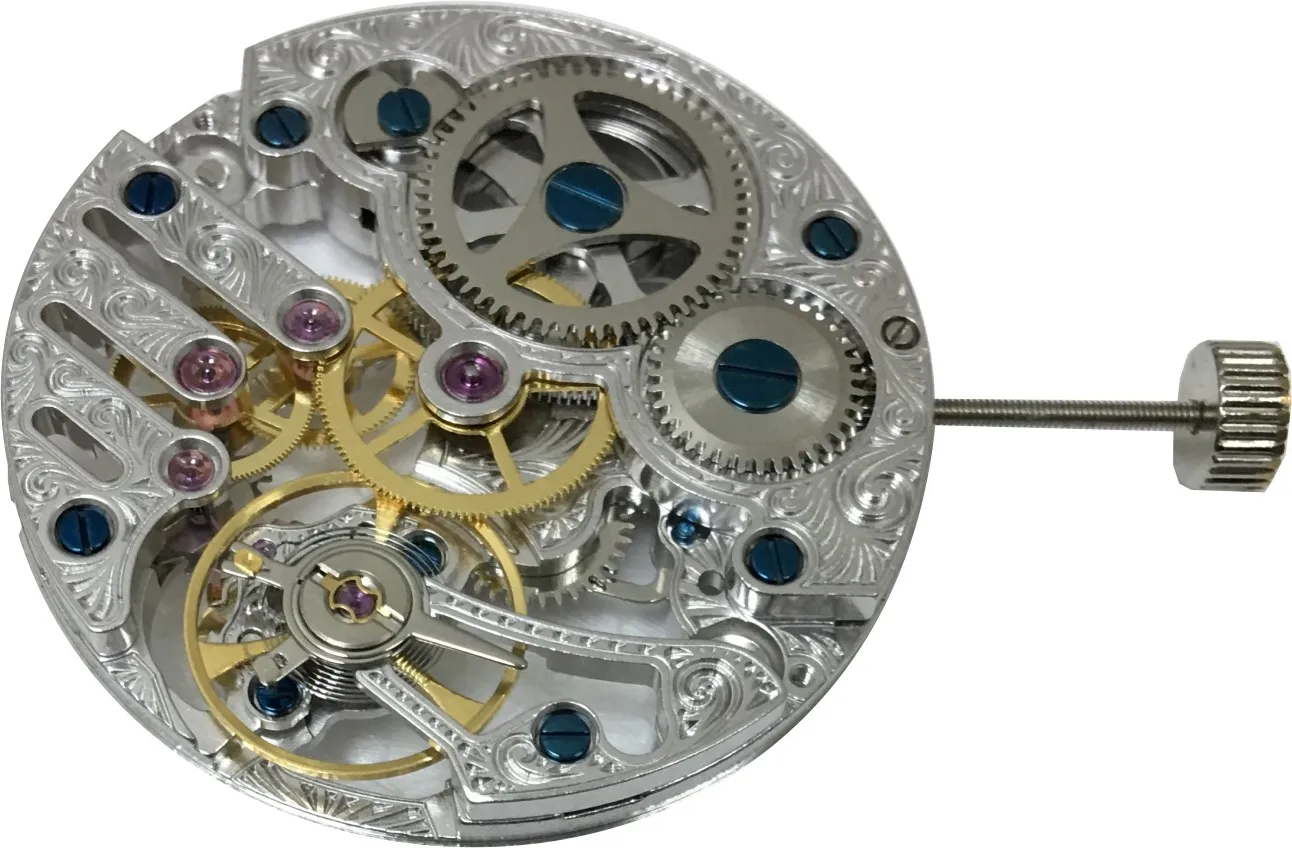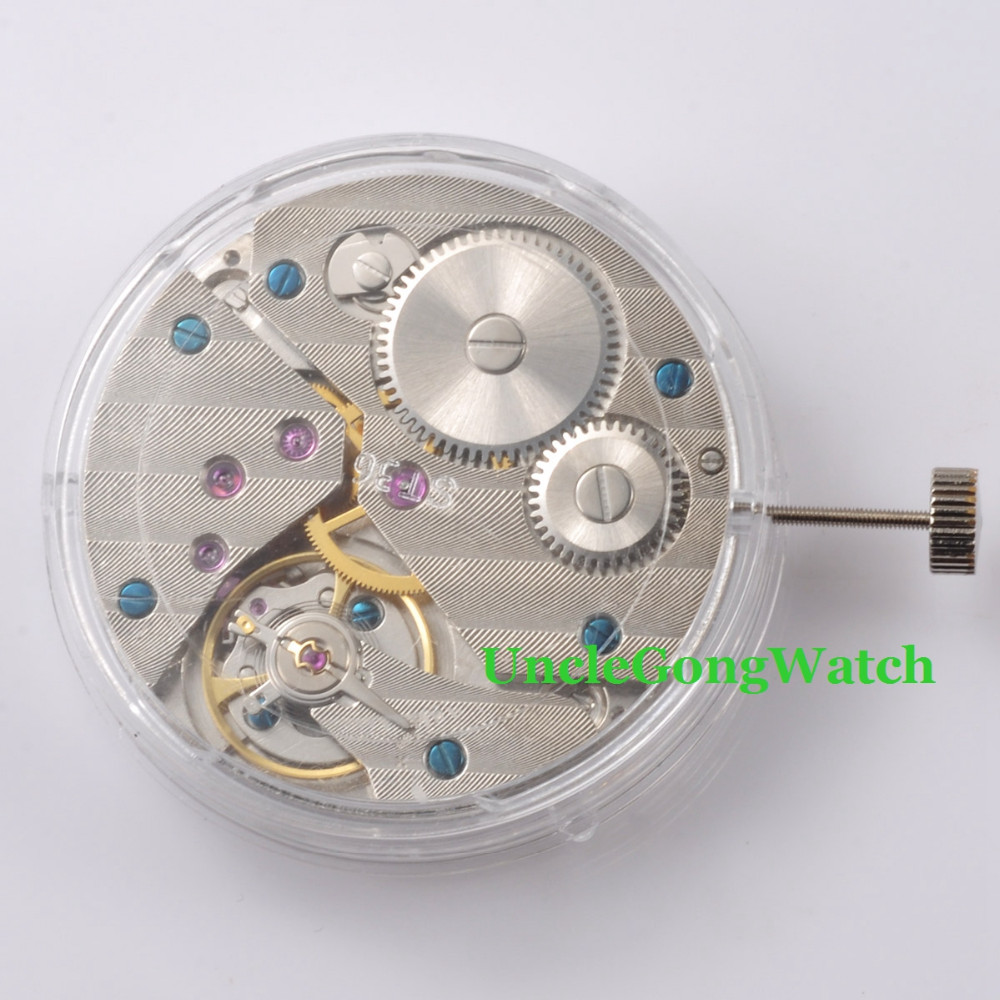

Jan is the owner of ‘De Klokkenmaker Technisch Uurwerken Centrum’ ( ) and has been watchmaker for 25 years now. The chances alone, with a running watch, that at some point something with the lubricants isn’t exactly optimal, make him choose for stopping a watch when not wearing it.Ī second opinion comes from Jan Ubels. However, Paul admits that it’s no scientific answer. Let’s put it this way if you don’t use your car you won’t let it run as well, do you? In the end, would you like to have a watch, or a car, that has been running for seven years or one that only ran for a year?“ Lubricants can be contaminated inside the movement for whatever reason, and lose their optimal lubricating values. Of course, theoretically if all lubricants are in ultimate condition there probably won’t be any wear, but when and in which situation will this be the case. And when a watch is running, there’s always the possibility of wear. The lubricants won’t dry out faster when the watch has stopped than when it’s running. “ If they were my watches I would never let them run while I don’t wear them. Picture for imaginary purposes from Pellikaan-Timing website. After posing the question through one of the messaging systems, he picked up his gold (and diamond paved) Vertu phone and gave me a call. Because we understand this might be an important point for many of our readers we asked the opinion of a few seasoned watchmakers.Īnd in this kind of situations, my first stop always is our legendary and in-house Fratello diva watchmaker Paul. We’ll be honest, this goes beyond Fratello’s expertise as well. Others who deny this or not, are in the opinion that once the watch will be worn again, and the lubricated bearing points come to their operating temperature again, the lubricants will be revived and do their work like before. The lubricant becomes static and might be prone to drying in. Some watchmakers say that the lubricants will dry more quickly when a watch movement isn’t running. And here’s the conflicting information part which our reader mentions. Then there’s the situation that a watch isn’t running. The same is valid if there happen to be particles of any kind in the lubricant. If a watch gets too cold (say if your safe is in an underground cellar in winter), the lubricant might become in a state where it doesn’t lubricate as it should anymore. The age of the lubricant will be important, however, the temperature as well, and certainly, if it’s not contaminated. This can’t be really measured at any time. The trouble is to determine if the lubrication is still in good condition. If the lubrication of the running parts is like it should be, there’s no direct mechanical contact between (metal) parts because of the lubricant film between them. If the lubrication of a mechanical watch is in good condition no wearing of components will occur due to the watch is simply running. Before going in-depth into technical detail, I would like to shed my personal light on it. I would be grateful if you could shine a light on this matter and help keep my precious collection with longer service intervals.Īs our reader already points out, this is a complex situation, or at least a situation were many different answers can be heard. On the other hand, wouldn’t constant running wear down the pinons on the wheels faster and shorten the life of the movement? Some say you need to keep the watch going always as it prevents drying out of lubricants and increase the longevity of the movement. I heard conflicting information about this. My question is if this starting and stopping would have a detrimental effect on the mechanism of the watches or are they better off, being given “rest” when they are in the safe. I wear all of them in a rotation but while they are waiting for their turn for wrist time, they stop.

#Automatic watch winder from hand movement manual#
I have 2 Speedmasters which are manual winding and 5 automatic watches: a GMT, a Submariner, a Daytona, a Seamaster 300 and a Railmaster. I am a fan of Fratello Watches and I read your articles every day , being a watch enthusiast.

#Automatic watch winder from hand movement full#
Here’s the full original text of the reader’s question: He wears all watches in a rotation, and in short, as far as I understand, his question is: You Asked Us: Should I keep my watches running, or should I allow them some rest when I don’t wear them?

Two hand winding, and five with automatic movements. One of our valued readers is lucky enough to owe no less than seven watches.


 0 kommentar(er)
0 kommentar(er)
